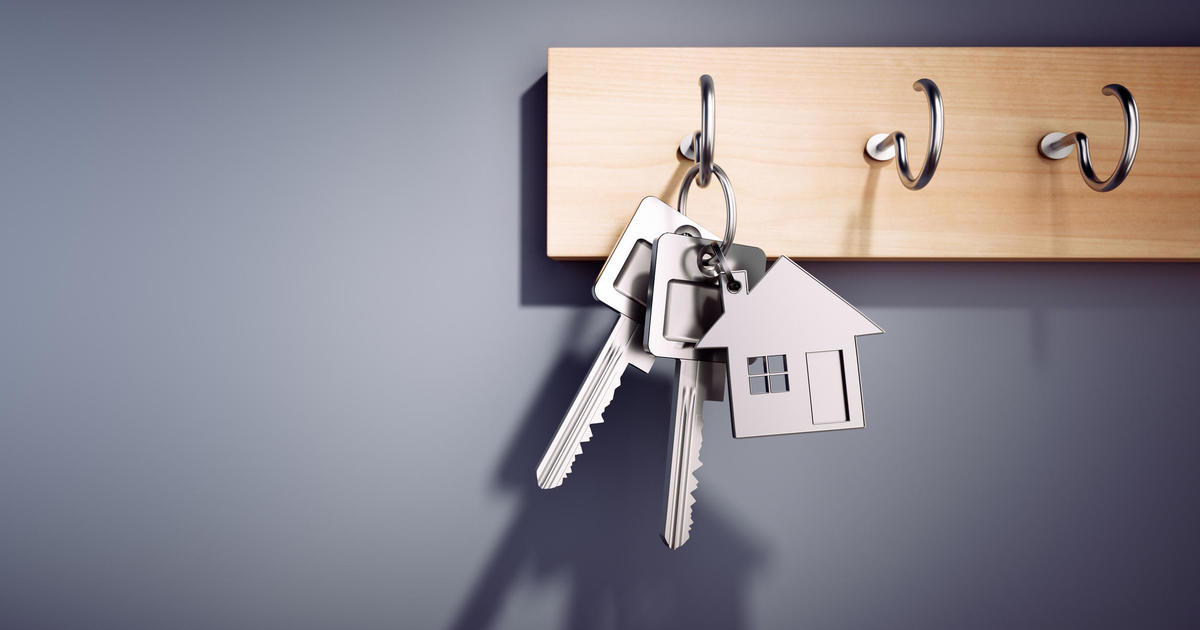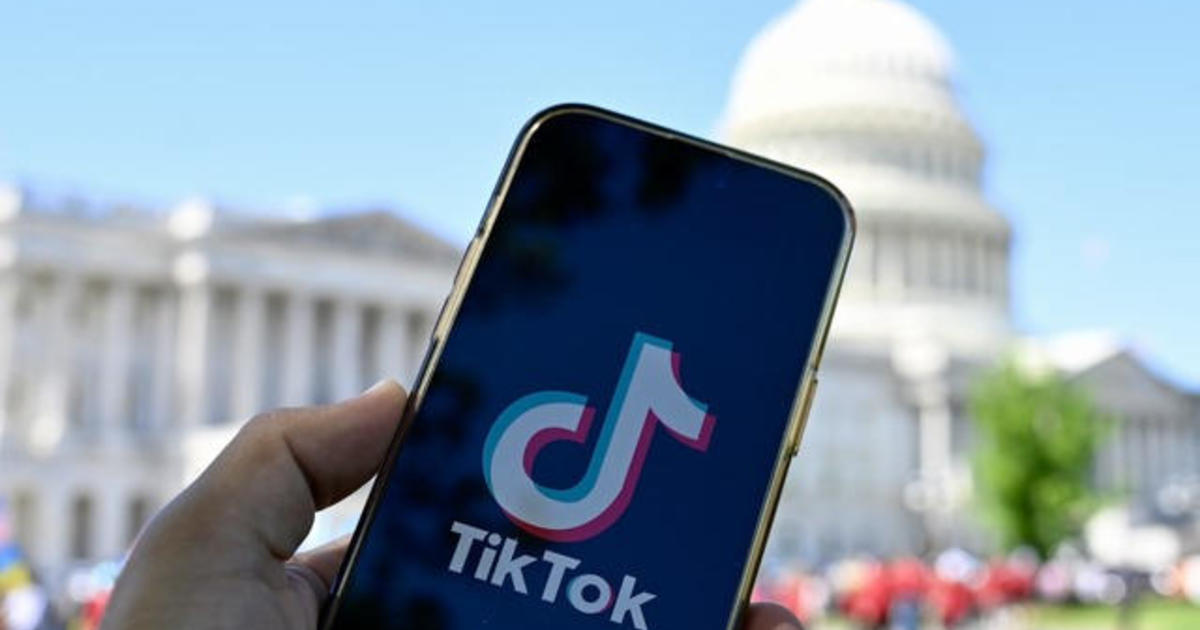As Dems debate, facts about economy, taxes, health care, wages and more
The first 10 Democrats took the stage Wednesday night in the first debate of the 2020 presidential election. The debate kicked off with Sen. Elizabeth Warren saying there needs to be "structural change" in the economy.
Here are the facts behind some of the key issues that were brought up:
How is the U.S. economy really doing?
Fact: The economy expanded a healthy 3.1% in the first three months of the year, but the Federal Reserve and private economists forecast growth for all of 2019 of only around 2%.
Economic growth in the U.S. has been slow yet steady over the last year, boosted by healthy consumer spending and tax cuts. Dating back to 2009, the economy has grown for 10 straight years — the longest continuous expansion in more than 150 years.
On the down side, the first quarter of 2019 may be as good as it gets for quite a while. Economists expect annual growth to cool to roughly 2% as the fiscal boost from tax cuts fade, trade tensions crimp spending and global economic growth slips. Growth could weaken even more over the next two years, according to the Fed.
Meanwhile, economic measures like GDP don't capture just how many Americans are still hurting despite the lowest unemployment in half a century. A decade after the recession ended, research shows that 40% of families sometimes struggle to pay for food, housing, health care and other basic needs.
Did the Tax Cuts and Jobs Act help the middle-class?
Fact: Two-thirds of American taxpayers got a tax cut in 2018, although nonpartisan experts at the Brookings Institution and Urban Institute say corporations and the rich were the biggest beneficiaries of the tax cut.
Middle-income workers saw a tax cut of about $20 per week, too small for most of them to notice. That may explain why about 7 of 10 taxpayers told a CBS News poll earlier this year they either saw no change or paid more in taxes because of the Tax Cuts and Jobs Act.
Meanwhile, corporate taxes were cut from 35% to 21%, fueling a surge in stock buybacks last year, which topped a record $1 trillion.
Is income inequality in the U.S. worsening?
Fact: Wealth inequality in the U.S. today is at its highest level in 80 years, while income inequality is at the highest ever recorded.
The richest 1% of the population holds 37% of the nation's wealth, according to latest available data compiled by the World Inequality Database. That's more than the wealth owned by the entire bottom 90% of the population.
When it comes to income, the division is even more stark. The top 1% of Americans took in 47% of all national income in 2014, according to the database — the highest share for as long as data is available, and four times what the bottom half of Americans took in that year.
How much in taxes do corporations pay?
Fact: Last year, 6.8% of the total taxes collected by the IRS came from corporations — the lowest level since 1960.
Business income taxes in 2018 fell to their lowest level in over 50 years. The Tax Cut and Jobs Act, which slashed the top corporate tax rate from 35% to 21%, played a big part, but the overall trend has been going on for decades. In 1960, corporations provided about one-quarter of overall tax revenue, and individuals provided just under one-half, according to IRS data. That's now flipped, with 57% of last year's tax revenue coming from people.
Is the federal minimum wage sufficient?
Fact: The federal minimum wage, which has been $7.25 since 2009 — a record stretch without an increase from Congress — doesn't provide a living wage for most families, according to MIT researchers.
Since the federal baseline wage last increased a decade ago, the cost of living has risen 18%, eroding the buying power of millions of low-wage workers. That $7.25 per hour wage is the equivalent of $6 an hour in today's dollars.
In response, 29 states have increased their federal wage laws in recent years. But workers in 21 states are subject to the $7.25 per hour baseline wage. The current federal minimum wage does not provide a living wage for most families, according to an MIT analysis.
How much are health costs rising?
Fact: Health care costs are rising far faster than the cost of living, digging into American families' pocketbooks and causing half of families to cut back on medical care.
The typical family with employer-based health care spent $5,547 on premiums alone in 2018, a 65% jump since 2008, according to the Kaiser Family Foundation. The cost of living rose 17% during the same period.
Health care costs are now one of the household expenses that families worry most about affording, the KFF said. That's causing half of Americans to skip care -- like seeing a doctor or filling a prescription — because of worries about cost, the research group found.
How big a financial problem is college debt?
Fact: Student debt has more than doubled in the past decade, with economists finding that the loans are putting a handbrake on the U.S. economy.
Senators Elizabeth Warren and Bernie Sanders are two of the presidential hopefuls who have unveiled plans for erasing the $1.6 trillion in outstanding student loans held by 44 million people. They argue that such measures will provide a stimulus to the economy by easing the financial burdens on middle-class families, allowing them to invest in new business formation, housing and education for their own children.
The typical monthly student loan repayment is about $400 per month, or $4,800 per year, which economists say makes it harder for families to afford a home, car or invest in a business. They plan to finance their plans with taxes on the ultra-rich (Warren) or on stock and bond trades (Sanders).
Even the CEO of the nation's largest bank, Jamie Dimon of JPMorgan Chase, calls the nation's student debt burden a "disgrace" that's "hurting America." But how to pay for fixing the problem? "How they go about taxing," Dimon said Wednesday, "I'll leave that to the politicians to figure out."



